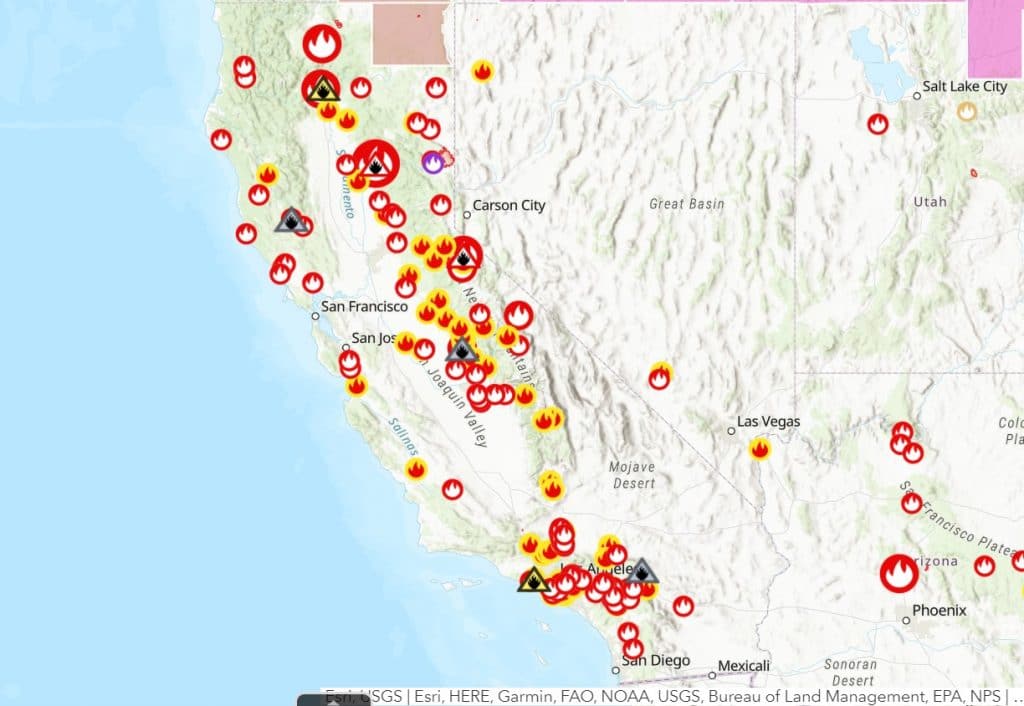Car Dealers Renew Opposition To EV Mandates: A Growing Revolt

Table of Contents
Financial Burden and Infrastructure Concerns
The transition to selling electric vehicles presents car dealers with significant upfront investment costs and a lack of supporting infrastructure, both of which are major contributors to their opposition to EV mandates.
High Upfront Investment Costs for Dealerships
Adapting to the EV market requires considerable capital expenditure. Dealerships need to invest heavily in new infrastructure and training to effectively sell and service EVs. This represents a substantial financial burden for many, particularly smaller dealerships with limited resources.
- Cost of installing charging infrastructure: Installing Level 2 and potentially Level 3 charging stations requires a significant investment, depending on the number of stalls needed and the dealership's size. This can range from tens of thousands to hundreds of thousands of dollars.
- Employee retraining expenses: Sales staff and mechanics need specialized training to understand EV technology, battery systems, and maintenance procedures. This involves dedicated training programs and potentially hiring additional, specialized technicians.
- Inventory management challenges with EVs: Managing EV inventory presents unique challenges. EVs often have longer lead times and require specific storage and handling procedures to maintain battery health. This adds complexity to existing inventory management systems.
Lack of Supporting Infrastructure
The insufficient availability of public charging stations, especially in rural areas, represents another major obstacle. Range anxiety remains a significant barrier to EV adoption, deterring many consumers from making the switch.
- Geographic disparities in charging infrastructure: The distribution of charging stations is uneven, with many rural areas lacking adequate charging infrastructure. This limits the practicality of EVs for consumers in these regions.
- Slow charging speeds: Charging times for EVs remain significantly longer than refueling gasoline vehicles, adding to consumer inconvenience and range anxiety.
- Unreliable charging networks: The reliability of public charging networks is inconsistent, with reports of malfunctioning chargers and limited availability in certain areas.
Consumer Demand and Market Readiness
While the push for electric vehicles is strong, arguments persist that the current market isn't ready for the level of EV adoption mandated by governments.
Insufficient Consumer Demand for EVs
Current EV sales figures lag behind those of gasoline-powered vehicles, indicating that consumer demand hasn't yet reached the level required to justify the current pace of EV mandates. High purchase prices, limited model availability, and concerns about battery life and charging times all contribute to this lower demand.
- High EV purchase prices: The upfront cost of purchasing an EV remains higher than comparable gasoline-powered vehicles, making them inaccessible to many consumers.
- Limited EV models available: The range of EV models available is still relatively limited compared to gasoline-powered vehicles, restricting consumer choice.
- Concerns about battery life and charging times: Consumers remain concerned about battery degradation over time and the inconvenience of longer charging times.
Concerns about Consumer Choice and Market Distortion
EV mandates risk stifling innovation and consumer choice by favoring specific EV manufacturers or technologies. This potential market distortion is a significant concern for many car dealers.
- Reduced variety of vehicle options: Mandates could lead to a reduction in the variety of vehicle options available to consumers, as manufacturers focus on producing EVs to meet quotas.
- Potential for artificial price inflation: Mandates could artificially inflate EV prices due to increased demand and limited supply.
- Concerns about government overreach: Dealers are concerned about government overreach into the free market and the potential for unintended consequences.
Practical Challenges and Logistics
Beyond financial and market-related concerns, dealerships face significant practical challenges in transitioning to an EV-centric model.
Training and Skilled Labor Shortages
Servicing and repairing EVs requires specialized training and expertise. A shortage of skilled labor poses a significant challenge for dealerships.
- Demand for EV-specific training programs: There is a growing demand for comprehensive EV training programs for both sales and service staff.
- Recruitment challenges for qualified technicians: Finding qualified technicians with experience in EV servicing and repair is proving difficult.
- Longer service times for EVs: EV repairs can often take longer than those for gasoline-powered vehicles, requiring specialized tools and diagnostic equipment.
Inventory Management and Supply Chain Issues
Managing EV inventory is complicated by the complexities of the EV supply chain, which is susceptible to disruptions.
- Global semiconductor shortages: The ongoing global semiconductor shortage continues to impact the production and availability of EVs.
- Battery supply chain constraints: The supply chain for EV batteries is also vulnerable to disruptions, impacting production and inventory levels.
- Difficulties in forecasting EV demand: Accurately forecasting EV demand remains a challenge, making it difficult for dealerships to manage inventory effectively.
Conclusion
Car dealers' opposition to EV mandates stems from a combination of significant financial burdens, insufficient consumer demand, and practical logistical challenges. The high upfront costs of adapting to EV sales, coupled with a lack of supporting infrastructure and skilled labor, pose substantial hurdles. Furthermore, concerns about consumer choice and market distortion add to the dealers' apprehension. A more gradual transition, taking into account the concerns of car dealerships, is crucial for the successful adoption of electric vehicles. Understanding the complexities surrounding EV mandates is crucial. Continue researching the impact of EV mandates on the automotive industry to form your own informed opinion.

Featured Posts
-
 Indias Pm Modis France Trip Ai Focus And Business Engagement
May 03, 2025
Indias Pm Modis France Trip Ai Focus And Business Engagement
May 03, 2025 -
 Joseph Tf 1 Decryptage De La Serie La Creme De La Crim
May 03, 2025
Joseph Tf 1 Decryptage De La Serie La Creme De La Crim
May 03, 2025 -
 Winning Lotto Numbers Wednesday April 16 2025
May 03, 2025
Winning Lotto Numbers Wednesday April 16 2025
May 03, 2025 -
 California Wildfires Impact On Celebrities In The Palisades
May 03, 2025
California Wildfires Impact On Celebrities In The Palisades
May 03, 2025 -
 Reform Uks Growing Political Power A Farage Factor
May 03, 2025
Reform Uks Growing Political Power A Farage Factor
May 03, 2025
